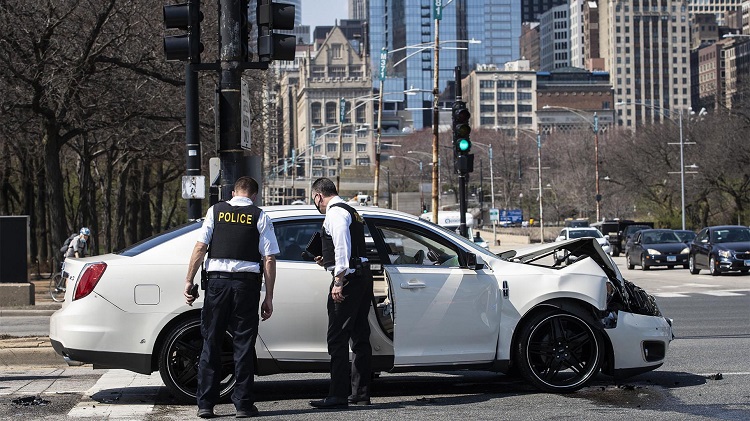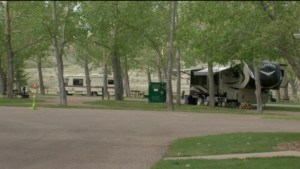Chicago Road Rage Shooting

The city of Chicago, known for its vibrant culture, architectural marvels, and bustling streets, was shaken by an unfortunate incident that unveiled the grim reality of road rage. In recent times, road rage has emerged as a prevalent issue, showcasing the alarming consequences of unchecked emotions in the midst of traffic disputes. The incident in Chicago serves as a stark reminder of the dire repercussions when conflicts escalate on the road.
Backdrop of Honking Horns
Amidst the backdrop of honking horns and hurried commuters, the tranquility of a typical day shattered on a busy Chicago street. What began as a minor altercation between two drivers swiftly escalated into a violent confrontation, culminating in a shooting that left the community stunned and saddened. The aftermath of such an event prompts us to reflect on the underlying factors contributing to this disturbing trend.
Road rage is a complex cocktail of emotions, often fueled by stress, impatience, and a sense of entitlement behind the wheel. The anonymity provided by vehicles can embolden individuals to act in ways they might not in other circumstances, leading to aggressive behavior and an escalation of tensions. In the heat of the moment, rational thinking takes a back seat, paving the way for impulsive and sometimes tragic outcomes.
Awareness and Initiatives
The incident in Chicago underscores the urgent need for widespread awareness and initiatives to address road rage. Education and awareness campaigns can play a pivotal role in advocating for responsible and courteous driving behavior. Encouraging drivers to practice patience, empathy, and mindfulness on the road can help prevent such altercations from spiraling into violence.
Moreover, law enforcement agencies must strengthen their efforts to curb aggressive driving behaviors. Implementing stricter penalties, coupled with increased surveillance and monitoring, can act as deterrents and promote safer road conduct. Additionally, fostering a culture of reporting incidents of road rage can aid in identifying hotspots and patterns, enabling authorities to intervene before situations escalate.
Equally important is the role of mental health support and anger management programs in addressing the root causes of road rage. Stress management techniques, conflict resolution skills, and counseling services can assist individuals in managing their emotions effectively, thereby reducing the likelihood of confrontations on the road.
However, combating road rage requires a collective effort from various stakeholders. It necessitates a shift in societal norms, where respect, tolerance, and consideration for others become integral parts of the driving experience. Building a culture of empathy and understanding amidst the chaotic rush of daily commuting is crucial in preventing tragedies like the Chicago road rage shooting.
As we process the aftermath of the unfortunate incident, let it serve as a wake-up call—a catalyst for change in our approach towards road safety and responsible driving. By fostering a culture of mutual respect and mindfulness on the roads, we can strive towards creating a safer and more harmonious commuting environment for everyone.
Conclusion
The streets of Chicago, and indeed every city, should echo with the sounds of progress, camaraderie, and shared responsibility, rather than the echoes of senseless violence born from unchecked road rage. It’s time to steer towards a future where road safety and civility prevail, ensuring that every journey, no matter how short, remains free from fear and hostility.






